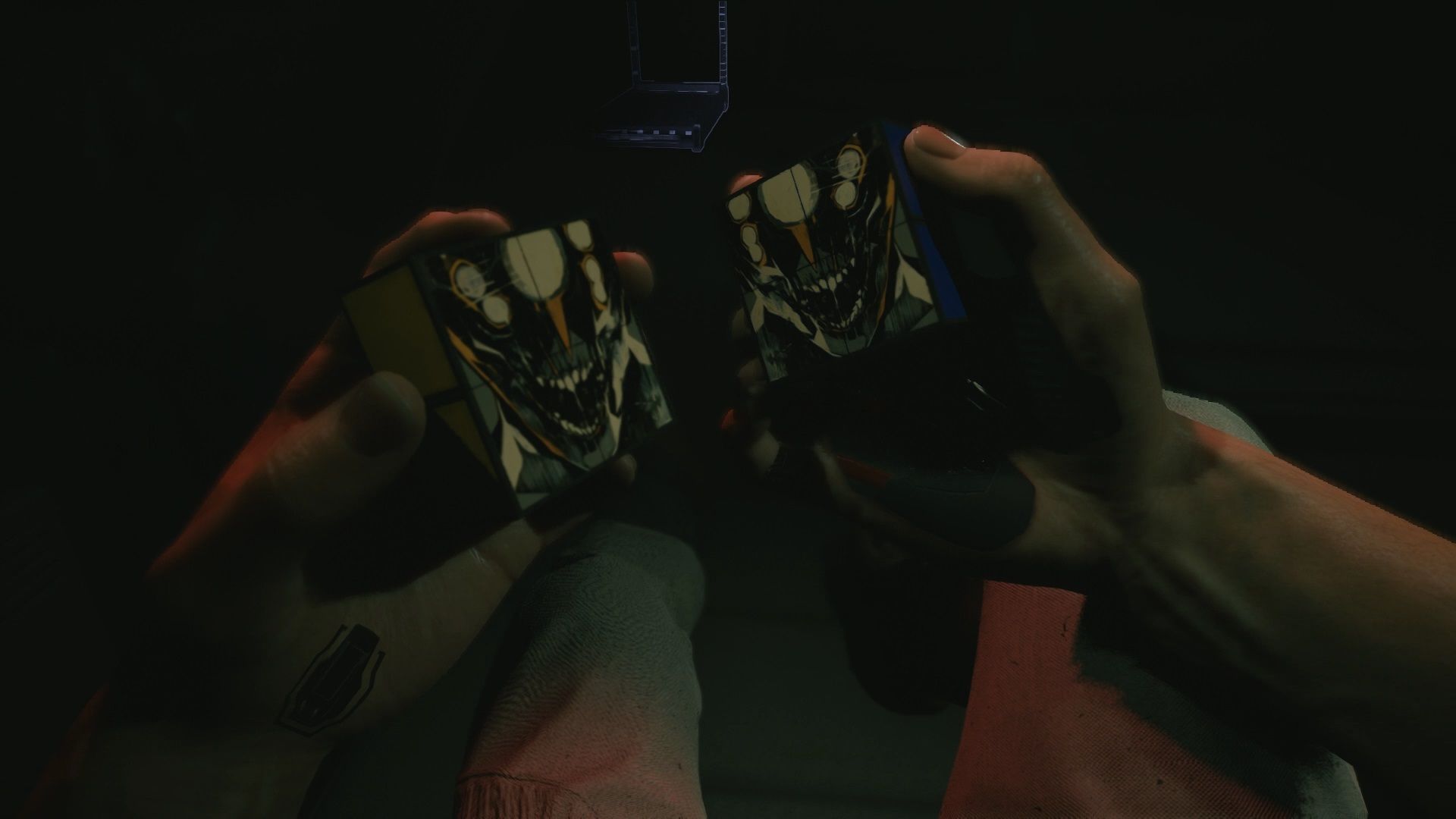Although it is set in a future world with intensive cybernetic augmentations and sentient AI, Cyberpunk 2077 has several allusions to spiritual beliefs which may or may not have merit within the game's world. There are several instances where spirituality is alluded to with circumstantial evidence of its presence, but the most prominent piece of spiritual symbolism has to do with Cyberpunk 2077's collectible tarot cards, which give hints about what things are to come in the story.
Something to note about the tarot cards is that it's impossible to get all of them because only 20 of the 22 cards can be found for a side quest called The Fool on the Hill. This might be frustrating for completionists who wish to collect everything in Cyberpunk 2077, but what the game says with this decision likely speaks to several of its themes.
Getting Closure in a Place Like Night City
If there is anything Cyberpunk 2077 makes clear in its story, it is that there is no path where everything works out in Night City and that even if V does survive the game's events, the best outcomes still leave them with limited time to live. Tarot cards in Cyberpunk 2077 represent the player's journey to reach whatever outcome they decide, hinting towards different characters and events V encounters. While most of the cards in the open world allude towards events that will happen however the plot plays out, the tarot cards locked to different endings hint towards potential futures.
Judgment is the card found when raiding Arasaka Tower, leading to most endings in Cyberpunk 2077. By placing a card representing renewal and change, it hints that whatever path V has chosen, there will be substantial change in their life and potentially even renewed will for life. However long they have left, endings such as The Star imply their time being fulfilled to its greatest potential.
The card also represents breaking cycles, which is shown to be true in whichever ending players choose, as options range from V allowing Johnny Silverhand to fully control their body to V leaving Night City with the Aldecaldos. It can also hint towards the future of Night City, as Arasaka faced a substantial blow from losing Mikoshi and Adam Smasher within minutes, meaning that its long-standing power can be successfully challenged.
The use of The Devil tarot card in Cyberpunk 2077 can be read the opposite way, which can only be seen should V accept Hanako Arasaka's deal to separate the engram from their body. Since separating the engram turns out to be a failure, V becomes a shell of their former self with little time left alive unless they opt to become an engram for Arasaka, living far longer as an engram but as a shell kept imprisoned by the very corporation that led their life to the state it is in for much of the game.
Regardless of the option chosen in this ending, taking Hanako's deal means V falls in with forces that hold them back from becoming their best self, just as The Devil card implies would happen. It might be impossible to see all the cards in a single playthrough of Cyberpunk 2077, but it is arguably to the game's benefit that players cannot complete the deck as the meanings behind Judgment and The Devil contradict each other within the story's context.
Much of the story is about finding closure however hard it might be, whether it is about Mama Wells and Misty mourning for Jackie or Johnny regarding his relationship with Rouge. V being able to see the Judgment card only in Arasaka Tower is a neat detail that hints towards them finding a sense of closure in Cyberpunk 2077's story that cannot be found when choosing the path where they see The Devil.
Cyberpunk 2077 is available on PC, PS4, PS5, Xbox One, and Xbox Series X/S.


